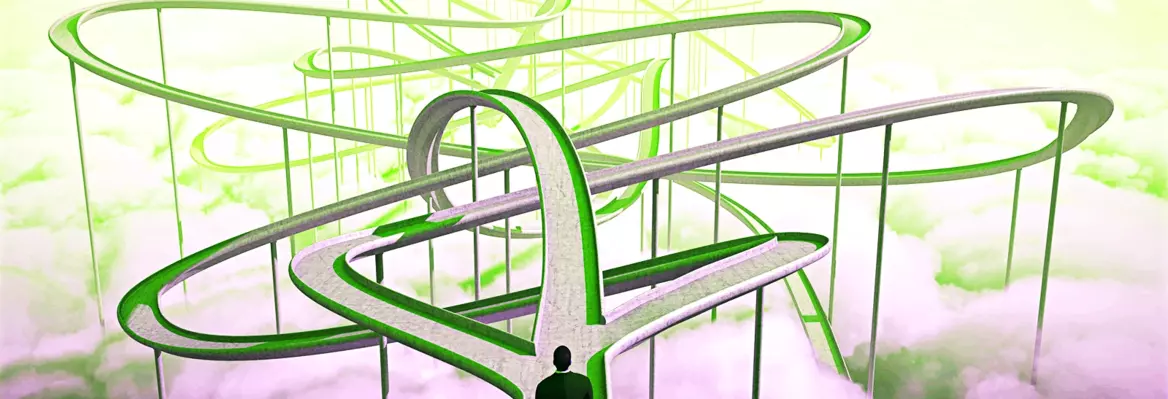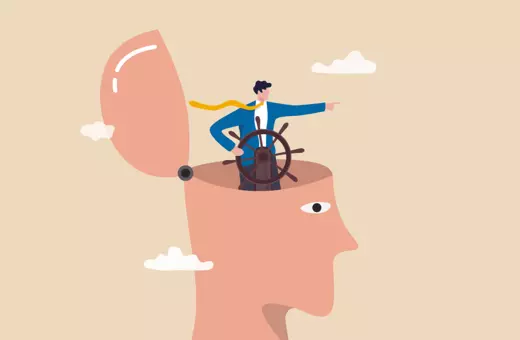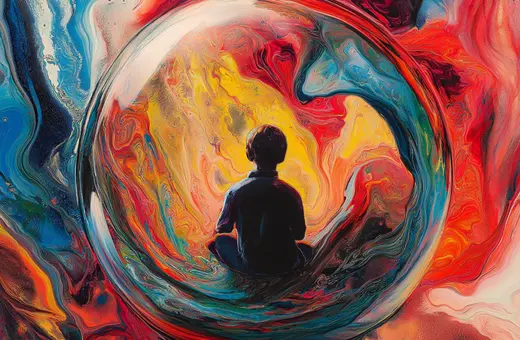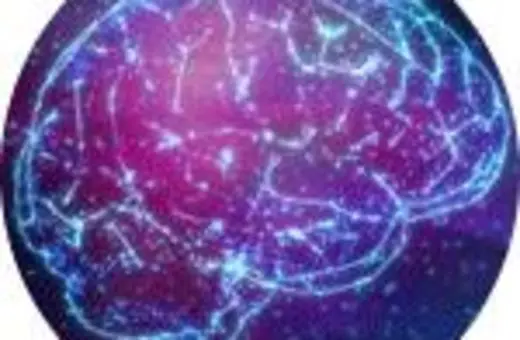The idea that history is aiming at some ideal political outcome has largely been discredited. And yet the narratives about today's political trends - democratic backsliding, populism, authoritarian nationalism - are still animated by sense that history has a structure. Instead of seeking reason and meaning in world events, we should embrace the liberating idea that chance and contingency drive history, writes Alexis Papazoglou.
We live in a post - End of History world. Even though most Westerners, including Francis Fukuyama himself, are no longer convinced by the idea that liberal democracy is the endpoint of political ideology. This Hegelian phrase 'the end of history' has of course been wildly misinterpreted. Fukuyama himself never claimed that history had come to an end, and in fact warned about all the ways in which it could all kick off again. And Hegel didn't mean that there was going to be no history after the Prussian state - his version of the political ideal. What he suggested was that human history has a kind of structure, a kind of aim - it's not just "one damn thing after another", it has some direction, it unfolds in a certain way, it strived to achieve something
Today, even as we have all but rejected the idea that the liberal democratic state was where humanity was trying to get to, the idea that history has a purpose lingers. The rise of authoritarian rulers, of illiberal democracy, of populism, of democratic backsliding, all this is seen through a similar historicist lens. Sure, we may have been wrong about history's telos, but we still, deep down, think it has one. A variation on the theme of The End of Democracy has dominated book titles since that fated turning point of 2016. If history is not driving towards universal human rights and democratic rule, perhaps it's driving in the opposite direction: radical conservatism, religious fanaticism, authoritarian rule etc, etc. But this move simply replaces one kind of historicism with another. What we should do instead is abandon the whole idea of history having any rhyme or reason and embrace the fact that it's all up in the air, open to change, and to being overturned, again and again.
Of course, most analysts don't put their explanations of what's happening around the world in quite such explicitly historicist terms. They will say that what they are observing are patterns, that individual events in one country cannot be understood in a vacuum, separate from what is happening in other countries. What happened in the US elections in 2016 clearly was no isolated incident. Around the same time, a number of populist and nationalist leaders were gaining ground around the world, or cementing their positions of power: Bolsonaro in Brazil, Johnson in the UK, Erdogan in Turkey, Orbán in Hunary, Salvini in Italy, Modi in India etc.





















Join the conversation